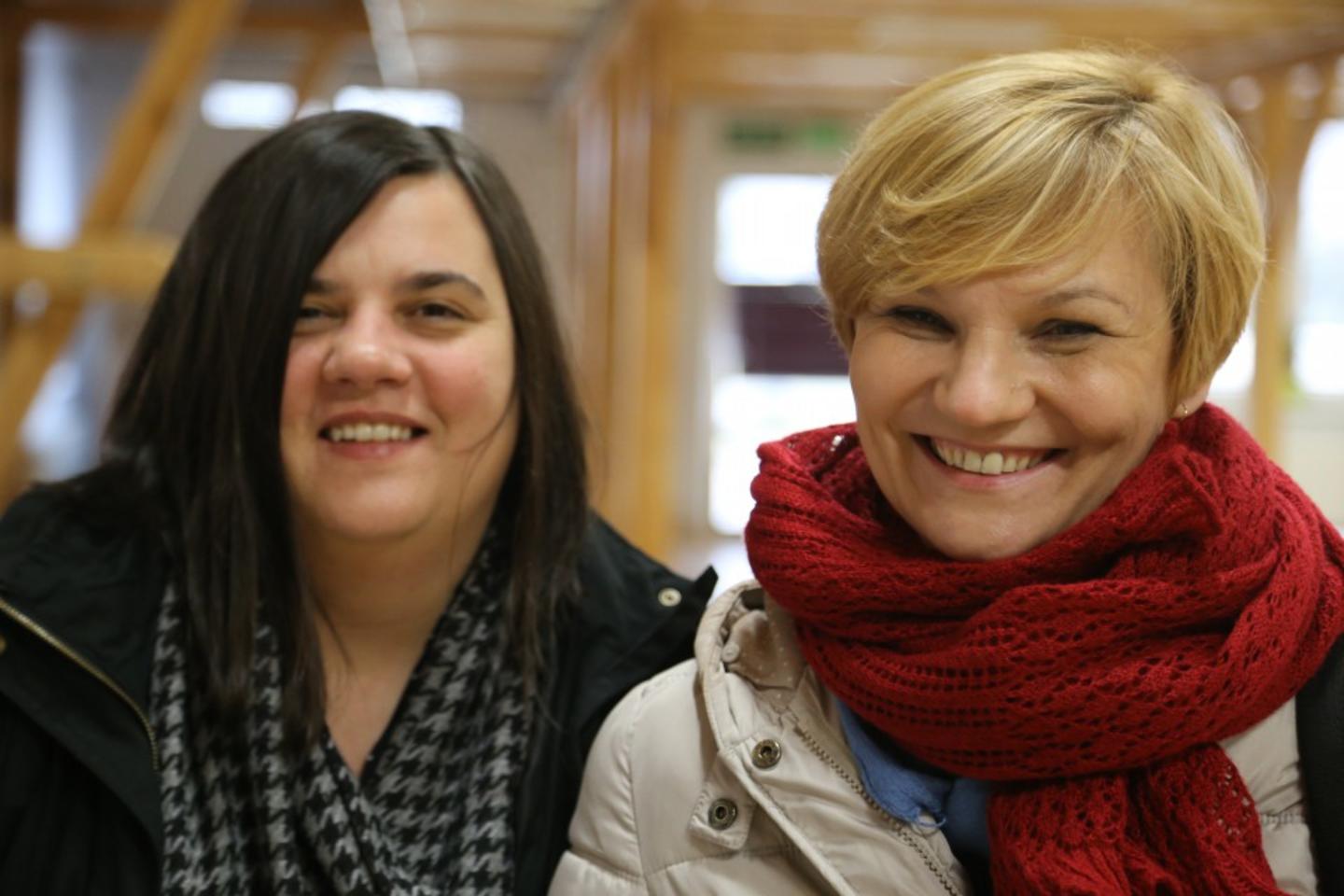“Our project is carried out in the three Polish cities of Gdansk, Turow and Zgorzelec. In each of these cities we run hostels for women who are victims of domestic violence. Many of these women have become homeless as a result of their abusive relationships,” explains Iwona Pasichnyk.
Pasichnyk is the project manager for ‘My Home without Violence’. The project receives about €59 000 in support from Norway through the Polish programme for domestic and gender-based violence and is carried out by the Polish NGO MONAR.
Some of the women that come to MONAR for help are in such a bad state that they need help with coping with their daily lives. Therefore, providing them with assistance is an important aspect of the project, explains Pasichnyk:
“We help them with things like applying for social housing and make sure that their kids are taken care of by our staff. We also provide therapy and counselling to help the women slowly integrate back into society.”
To achieve this goal, the organisation works closely with Polish authorities and also put a heavy emphasis on training their staff.
“Motivating the women who come to us to try and get their lives back together is a very important part of our work. The same goes for helping the women realise that what happened to them is not their fault. To be able to do this properly, we need well trained staff,” Iwona explains.
Pilot
MONAR hopes that the project can serve as a model for other organisations in Poland working with victims of domestic violence.
“We hope that our project can be used as a pilot project that will inspire others who work in the same field as we do,” Iwona says.
As part of the project, MONAR has created eight new shelter places for victims of domestic violence. This is very much needed, according the project manager:
“The government does very little for members from excluded groups, so we are definitely filling a gap with our project. Tackling domestic violence requires a multi-disciplinary approach, and the Polish government does not have a system in place to do this.”
Tradition
Founded in 1978 to help provide help for people with HIV and drug addiction, MONAR has a long history of providing assistance for marginalised groups. In total, the organisation has 130 facilities spread throughout Poland, helping around 30 000 people per year.
One of these people is Patrick. Since August, the homeless 21-year-old has been living at one of the facilities that MONAR operates in the Warsaw area.
“I like it here,” he says.
“I get counselling to deal with the problems I have, and I get some structure to my life. I want to go back to school and get an education and MONAR is helping me take the steps necessary to do that.”
‘My home without violence’ will run until November 2015.
